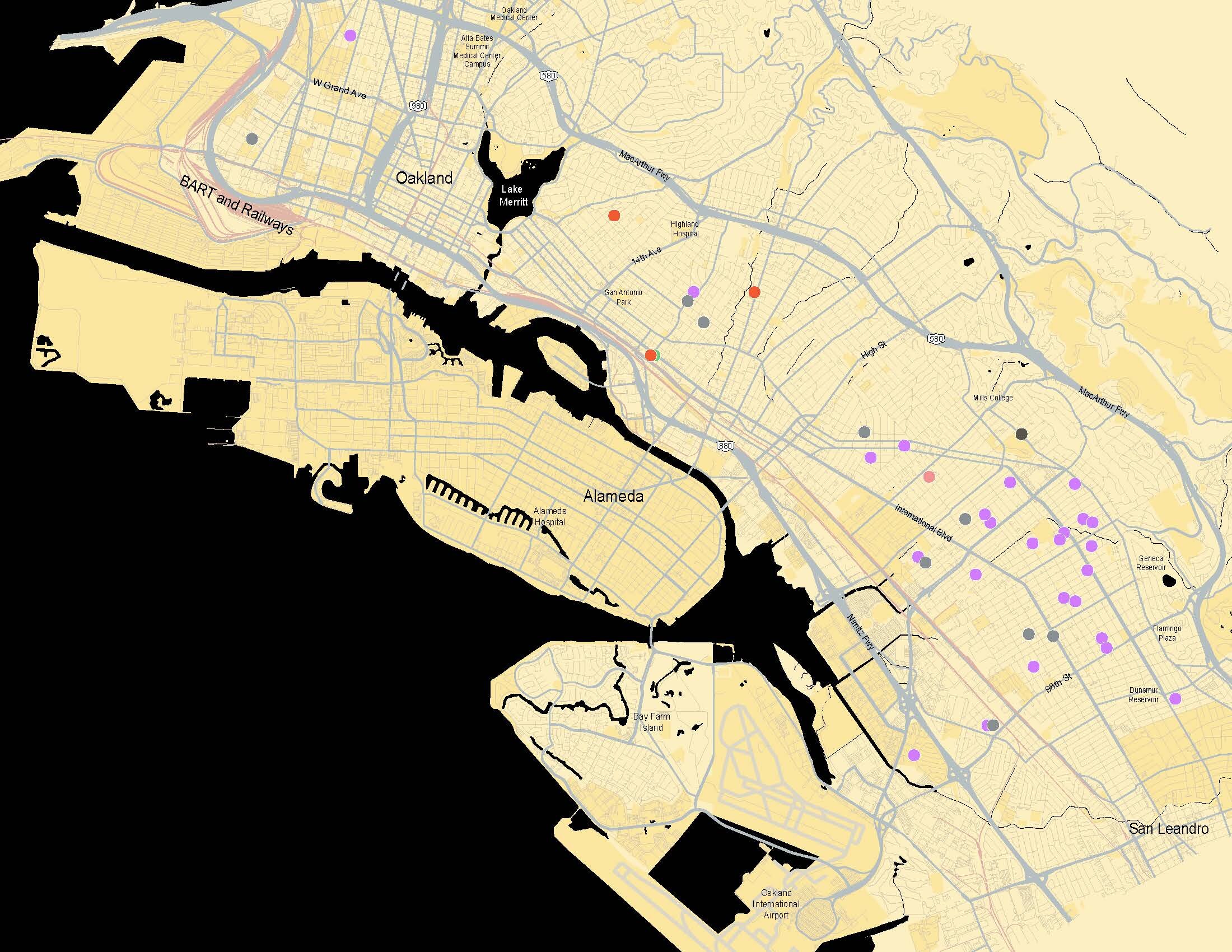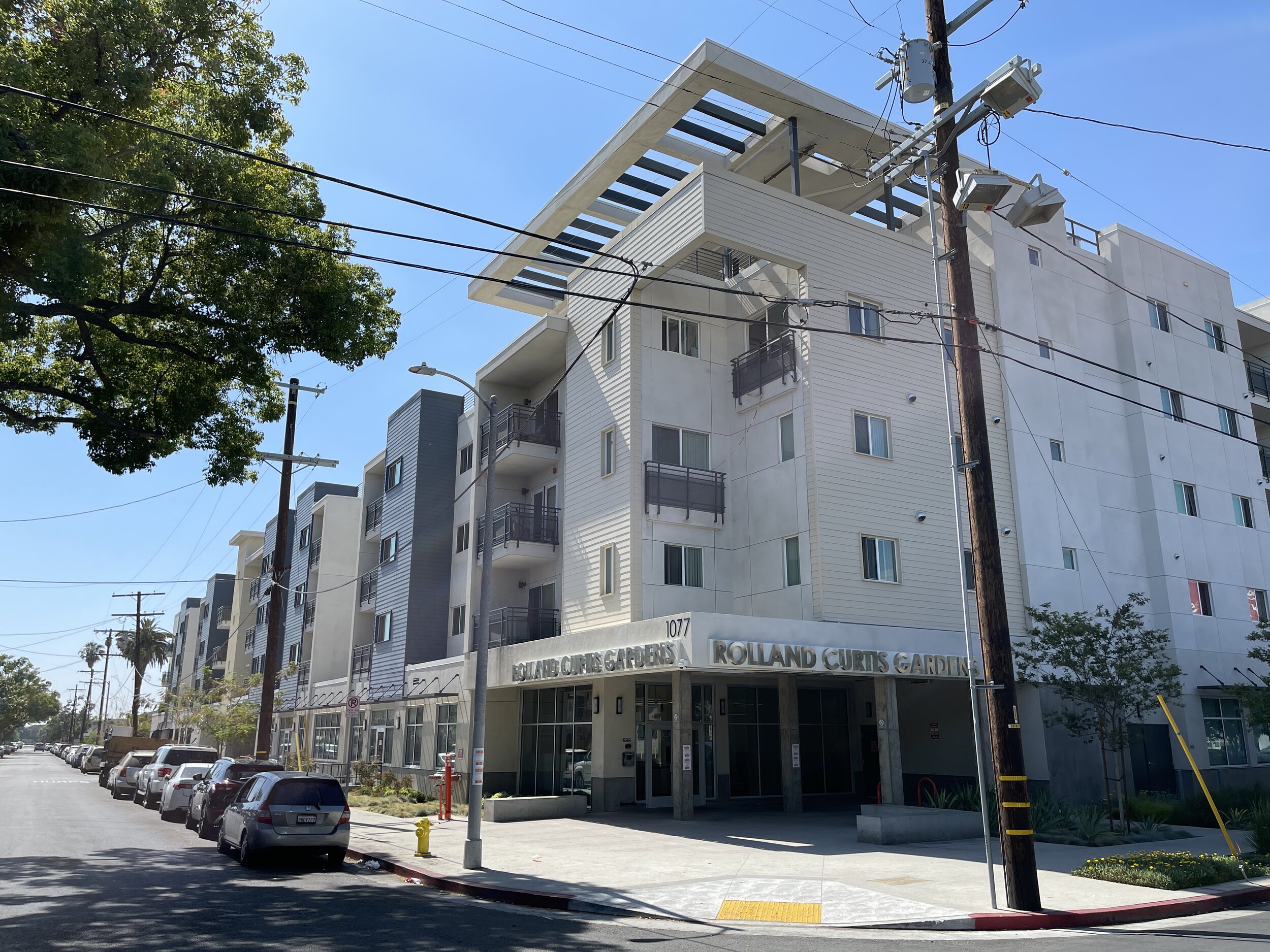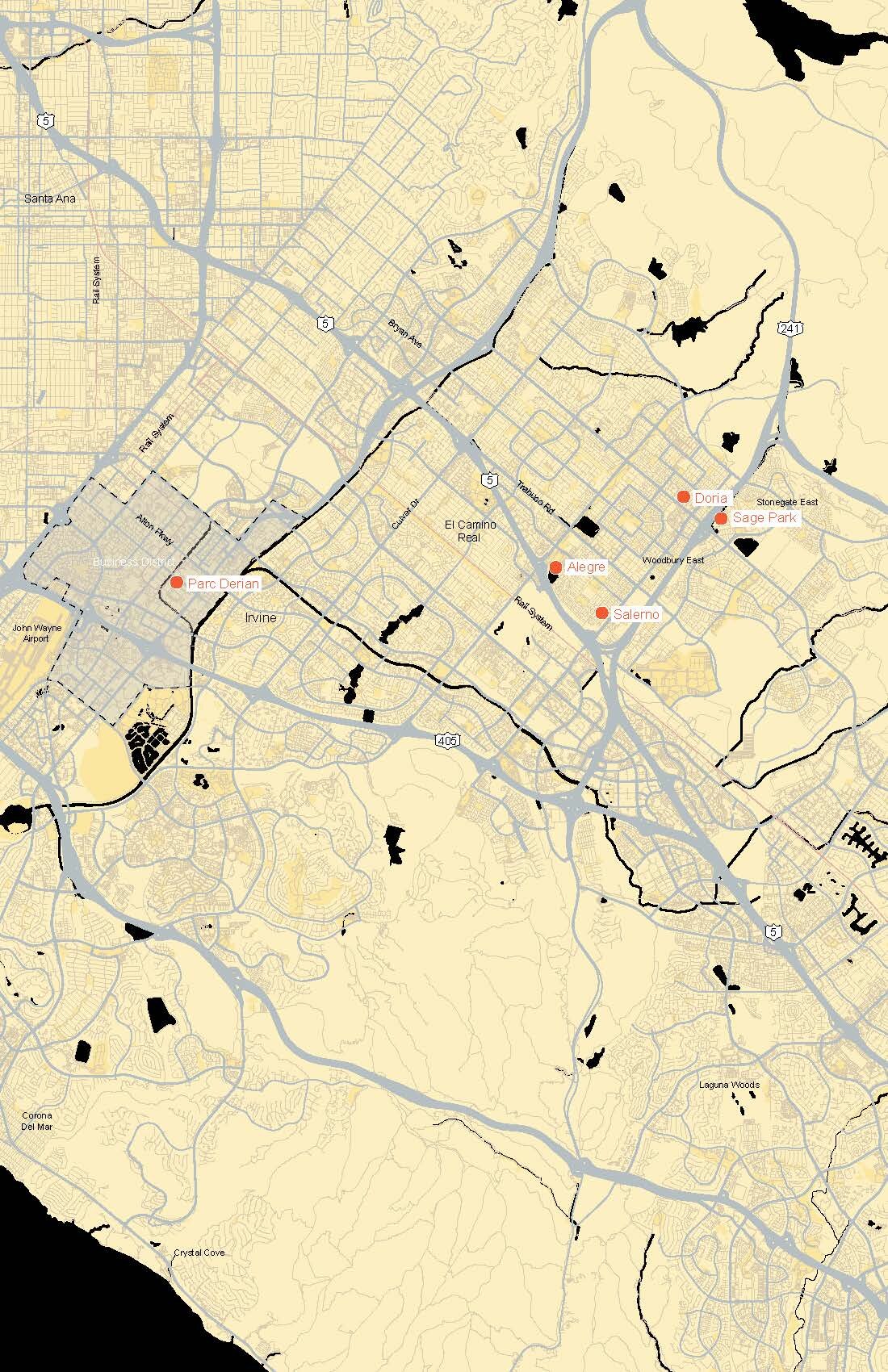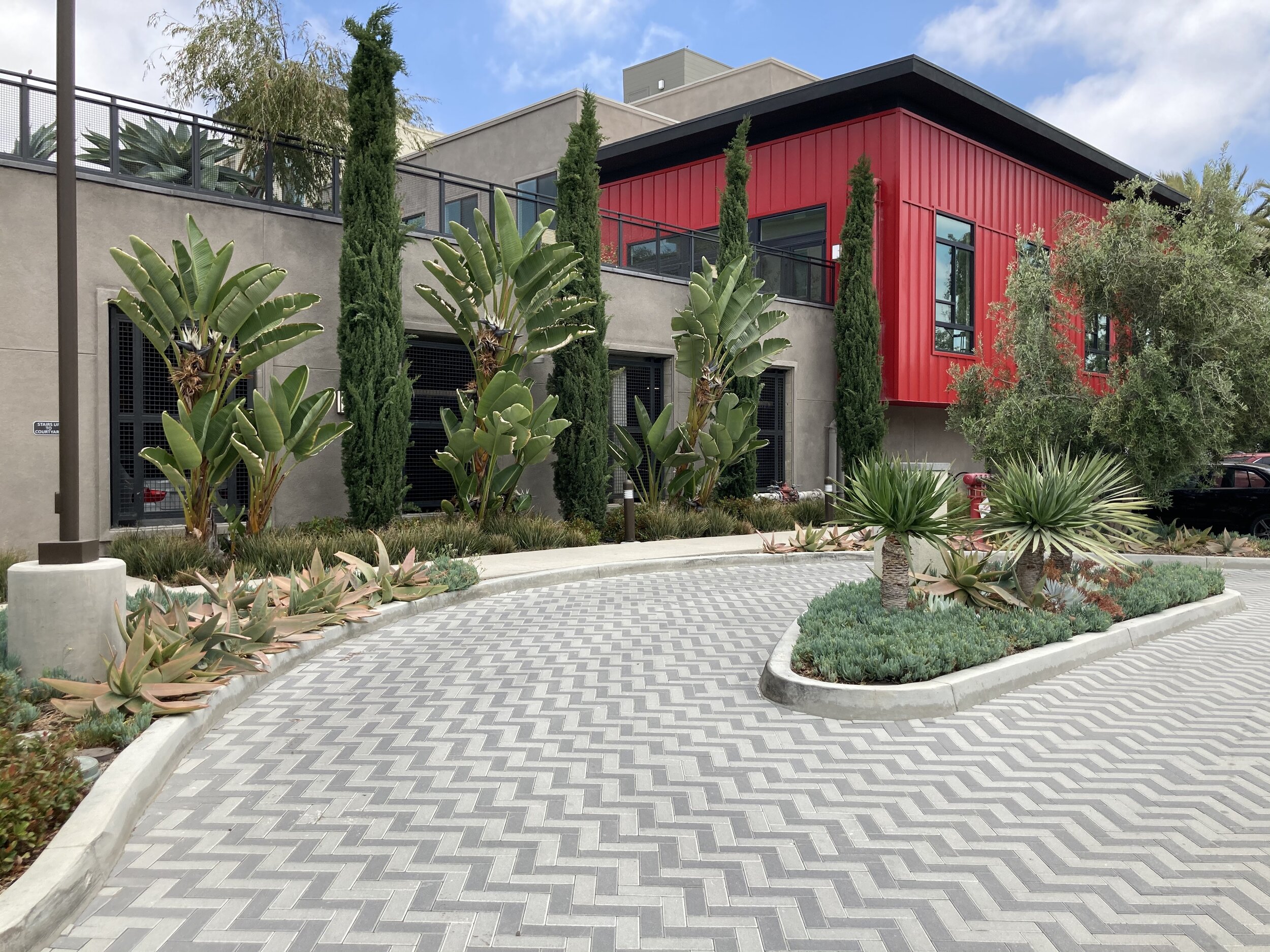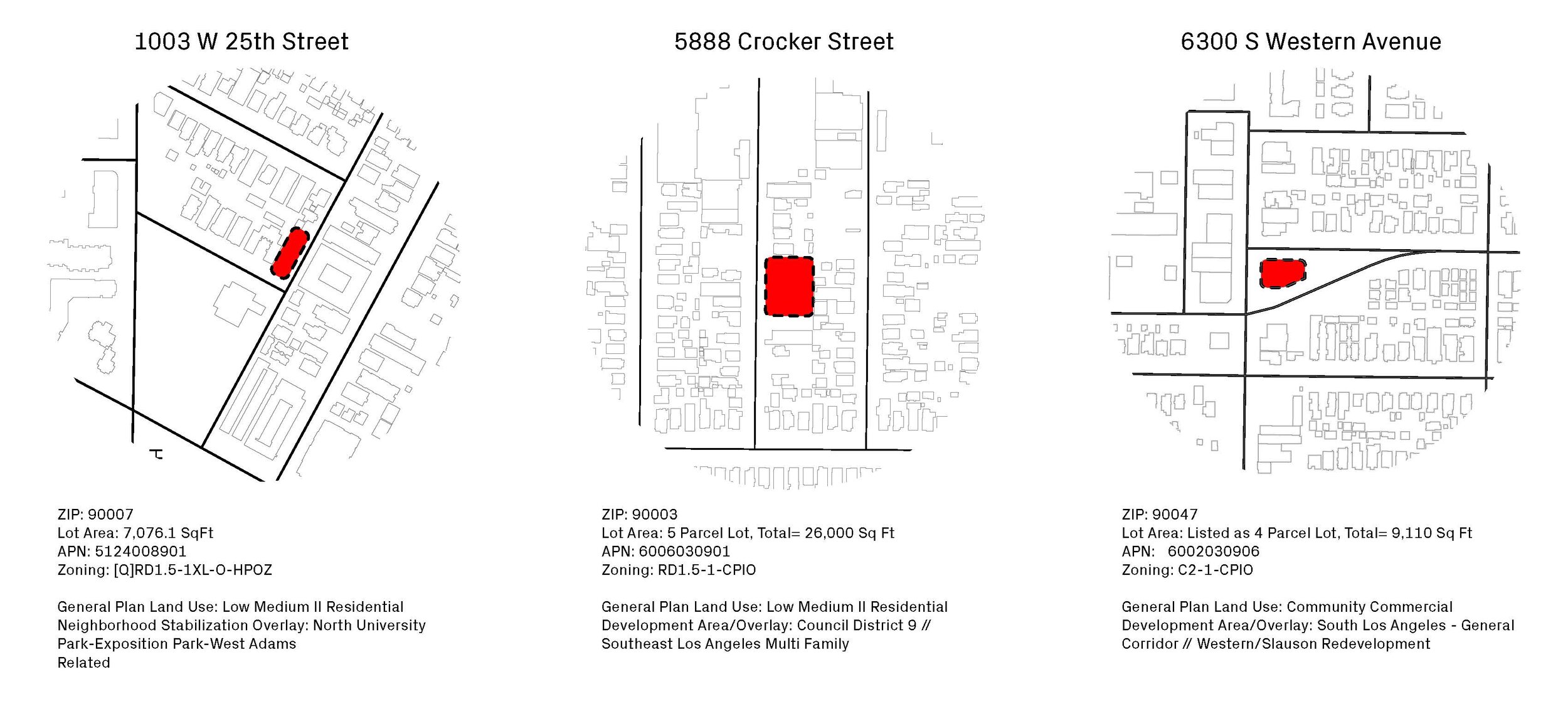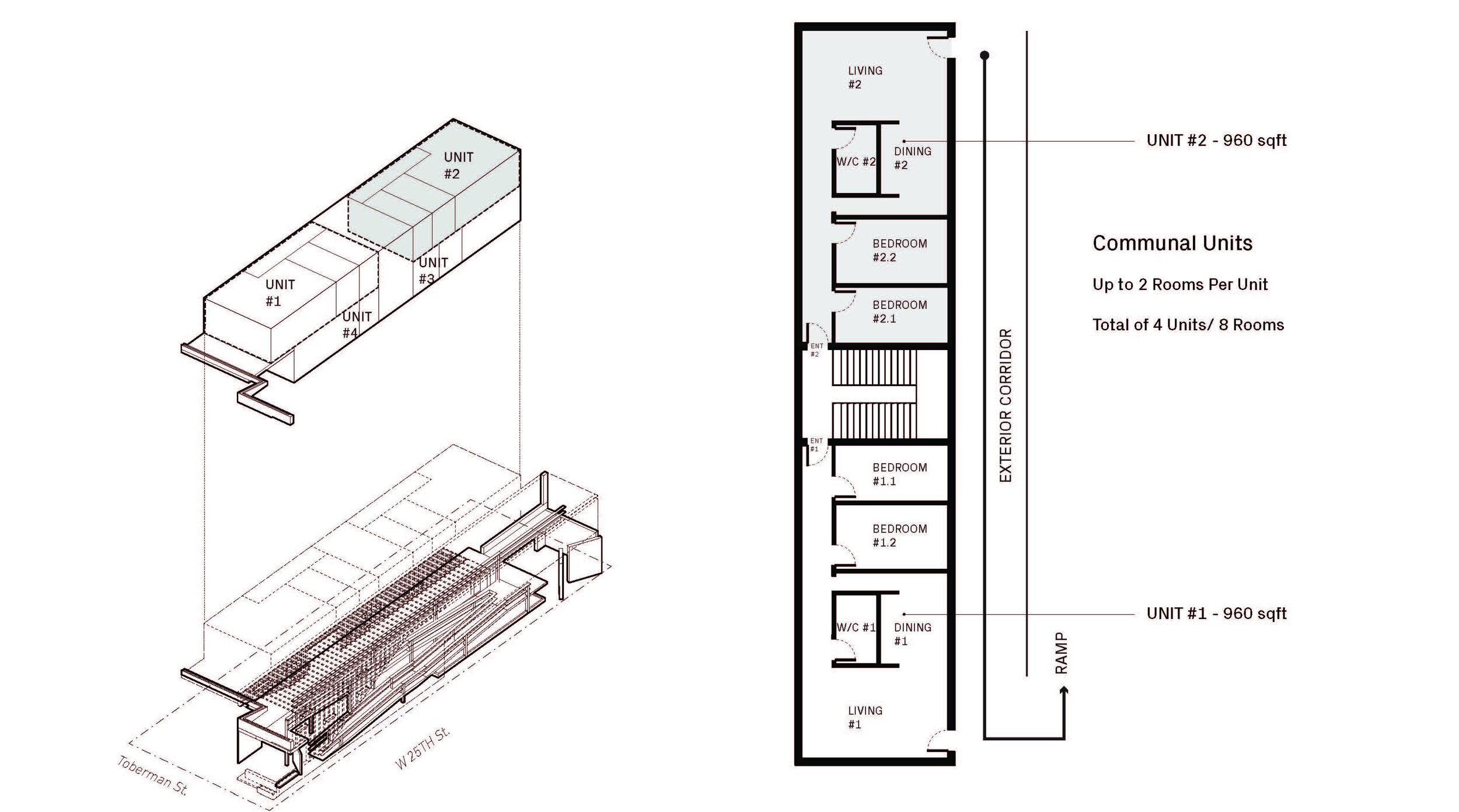Perpetual Affordability: Opportunities and Challenges for Community Land Trusts in Los Angeles
The Community Land Trust (CLT) is the model of affordable housing and community development that is rooted in the civil rights movement at the end of the 1960s in Albany, Georgia. It is a dual tenure structure: CLT retains ownership of the land when it sells housing to income-qualifying households or other non-profits below market rate.
In a "classic" CLT model, the land's value is separated from the residence's value, preventing the commodification of housing. The problems of affordability loss, mounting gentrification and housing discrimination in metropolitan areas increased interest in CLTs in the past few years. By limiting equity appreciation, they keep housing affordable for all future buyers of the same housing unit. Currently, there are 225 CLTs across the United States. More than 80 percent of their residents have an income of less than 50 percent of the area median. The majority of them is first-time homebuyers. In Los Angeles County, declines of family wealth due to COVID-19 pandemic will lead to evictions, property vacancy, and resulting community instability in predominantly black and Hispanic neighborhoods.
If applied in tandem with a range of other policies, CLT can help address the growing housing affordability crisis in Los Angeles County. This research project explores successful CLT developments in California; identifies key challenges like land acquisition, funding and taxes, soil remediation, and community participation, among others. The research results will be made available to architects, housing policy organizations, non-profits, and local CLT-focused groups as a publication and online resource.
As part of this larger initiative, the research team collaborated with NOW Institute and T.R.U.S.T. South LA to explore the spatial potential of vacant properties in South Los Angeles. The Surplus Land Project was a three-month study of vacant lots that can be transferred to community ownership and the development of a formal and programmatic strategy for three selected sites. T.R.U.S.T South LA will use the final report in its advocacy efforts to showcase the potential of underutilized land to interested parties.

